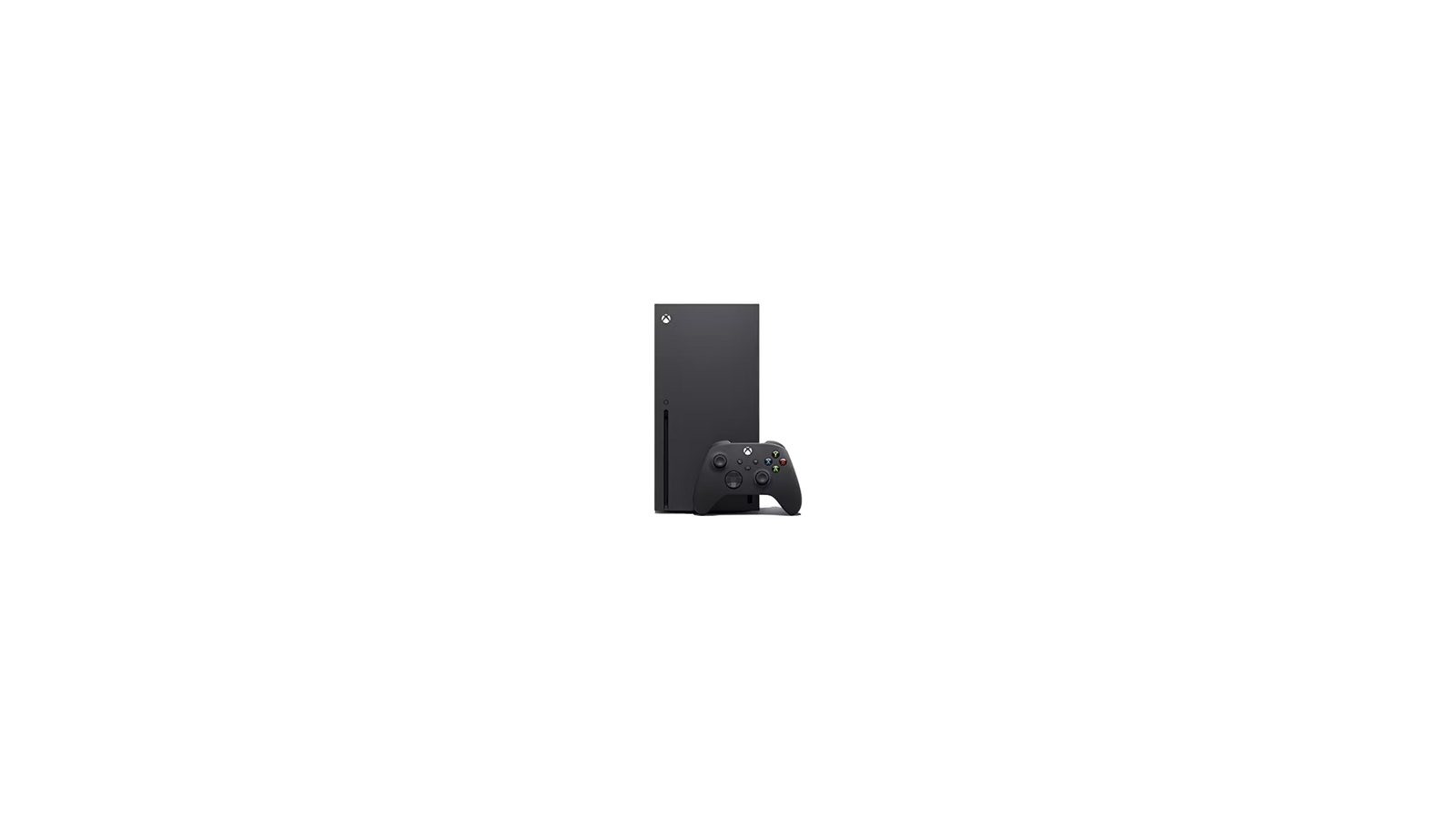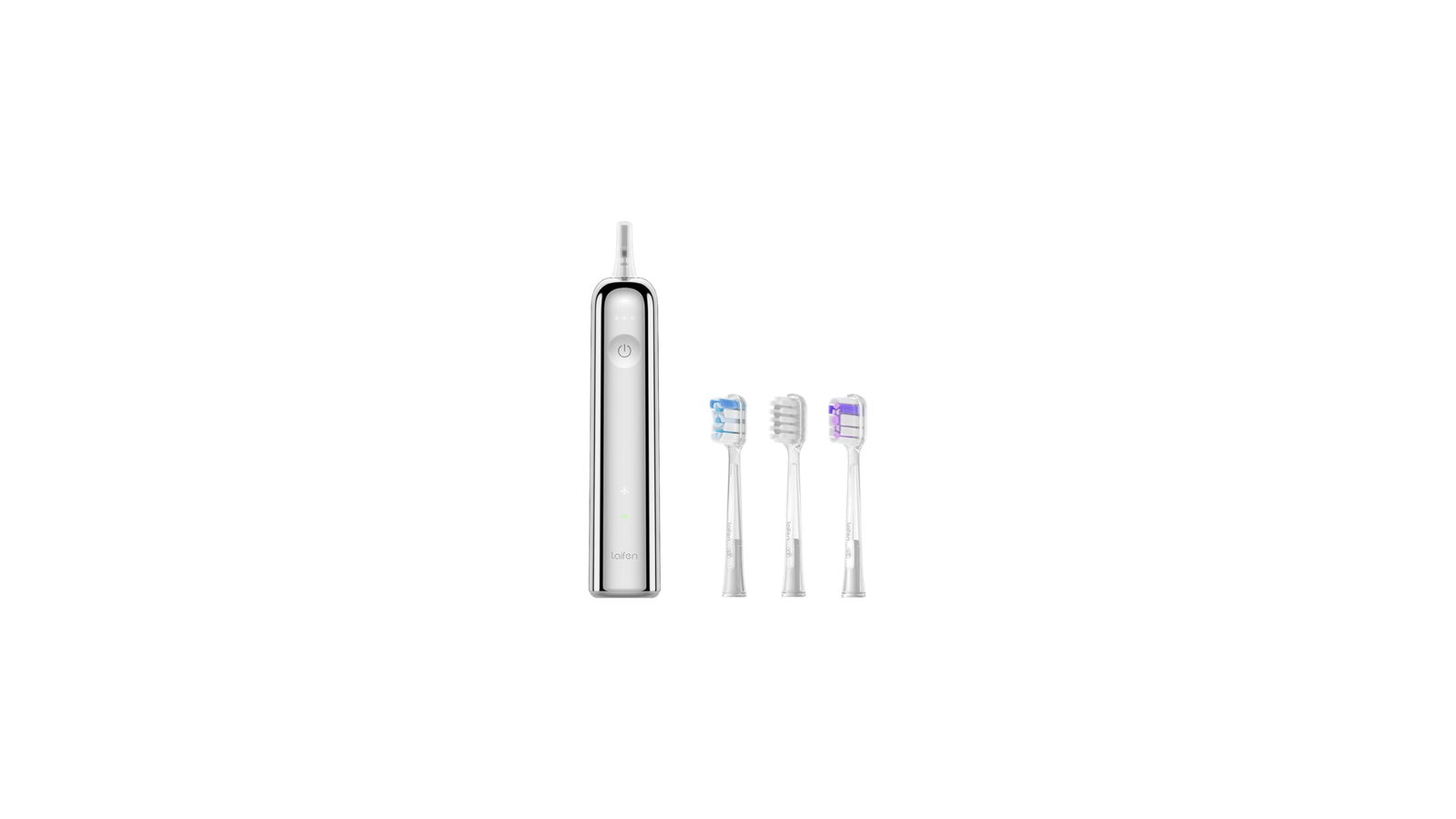Your cart is currently empty!
The Past, The Present, The Future
In 1995, Clifford Stoll made several bold claims in published work and interviews: 1) “The truth in no online database will replace your daily newspaper, no CD-ROM can take the place of a competent teacher and no computer network will change the way government works,” 2) “It’s (the Internet) a place for people to post both useful information and vicious, nasty messages… it induces a very shallow, ethereal and ephemeral involvement and as such, I think it’s grossly over-promoted and there’s a great deal of hyperbole surrounding it.” And 3) it’s “grossly oversold and within two or three years people will shrug and say, ‘”Uh yep, it was a fad of the early 90’s and now, oh yeah, it still exists but hey, I’ve got a life to lead and work to do. I don’t have time to waste online.” Or, “I’ll collect my email, I’ll read it, why should I bother prowling around the Worldwide Web or reading the Usenet” simply because there’s so little of value there.”. But he also said “Yet Nicholas Negroponte, director of the MIT Media Lab, predicts that we’ll soon buy books and newspapers straight over the Intenet. Uh, sure.” Well there were 738m internet users in 2000, Newsweek ceased print publication and became exclusively available online in 2012 and in a a report from the International Telecommunication Union, the number of internet users increased to 3.2b by 2015.
In 1985, the New York Times reported the demise of laptops. The newspaper said “airplane tray tables would hold beers and cocktails instead of computers.” Seriously doubting the potential of laptop technology due to their heavy, pricey, and poor battery life history “all of which made it hard to imagine them becoming mainstream.” So Laptops manufactures took the next few years to become practical with technology improving enough that laptops became lighter, more durable, and easier to use.

The Present
Let’s just call the last 10 years the present. Look at what we have available to us as consumers…
I mean let’s be honest, what doesn’t have a screen nowadays?? Technology is everywhere. In our computers, our refrigerators and our toothbrushes. It use to be that we needed technology in our schools and then our offices… 2020 kind of changed all that. Now people are more focused on having high end, efficient and effective equipment in their homes. We need them for our work. We need them for a security systems and honestly, we need them for a lot of aspects of entertainment. More people are streaming, more people are broadcasting from their homes or businesses so the need for budget conscious, effective setups is at its peak and That IT Guy L.L.C. is committed to giving everyone the access that they need at the price point that they need.
We as a society use our tech to make our lives easier but we also need it to work and when it does not, we often have tough choices to make. Whether you deal with technological issues proactively or reactively, That IT Guy L.L.C. has the service you need to minimize downtime.





















The Future
Technology is already playing an important role in education and is expected to become more integrated in the future. Some trends in education technology include: Immersive technologies, Virtual reality, augmented reality, and holograms can simulate learning experiences that would be too expensive or dangerous in real life. For example, AR can allow teachers and students to use a trigger graphic or picture to access a teaching response video. Artificial intelligence (AI), Online learning, Data analytics, Collaboration tools and Interactive whiteboards will be crucial in the future for modern classrooms.
Technology in healthcare is expected to help patients and providers share a common language, which could lead to a better understanding of health and health equity. Some technologies that could shape the future of healthcare include: Electronic health records (EHR), Telemedicine, Wearable technology, Robotics, Data sharing will make our experiences at hospitals and doctors more effecient.
Technology is expected to significantly transform the future of work, with some experts predicting that robots could automate up to 30% of jobs by the mid-2030s. However, others believe that job losses will be offset by new jobs, such as analyzing big data and managing data-sharing networks. Here are some technologies that are expected to shape the future of business: Artificial intelligence (AI) and machine learning (ML), Robotics, Mixed reality, Internet of things (IoT) will be integrated into our work to make more reliable products from a consumer’s standpoint but also assure quality production from a business standpoint.
Technology is expected to continue to evolve and have a dynamic impact on society in the future. Some technologies that could transform society include: Quantum computing, Robotics, Biotechnology, Artificial intelligence, Augmented and virtual reality and Human-computer interfaces will be included in our transactions, our customer service and our sales in the near future. This will be a familiar but still growing way that we as consumers work with business going forward.
